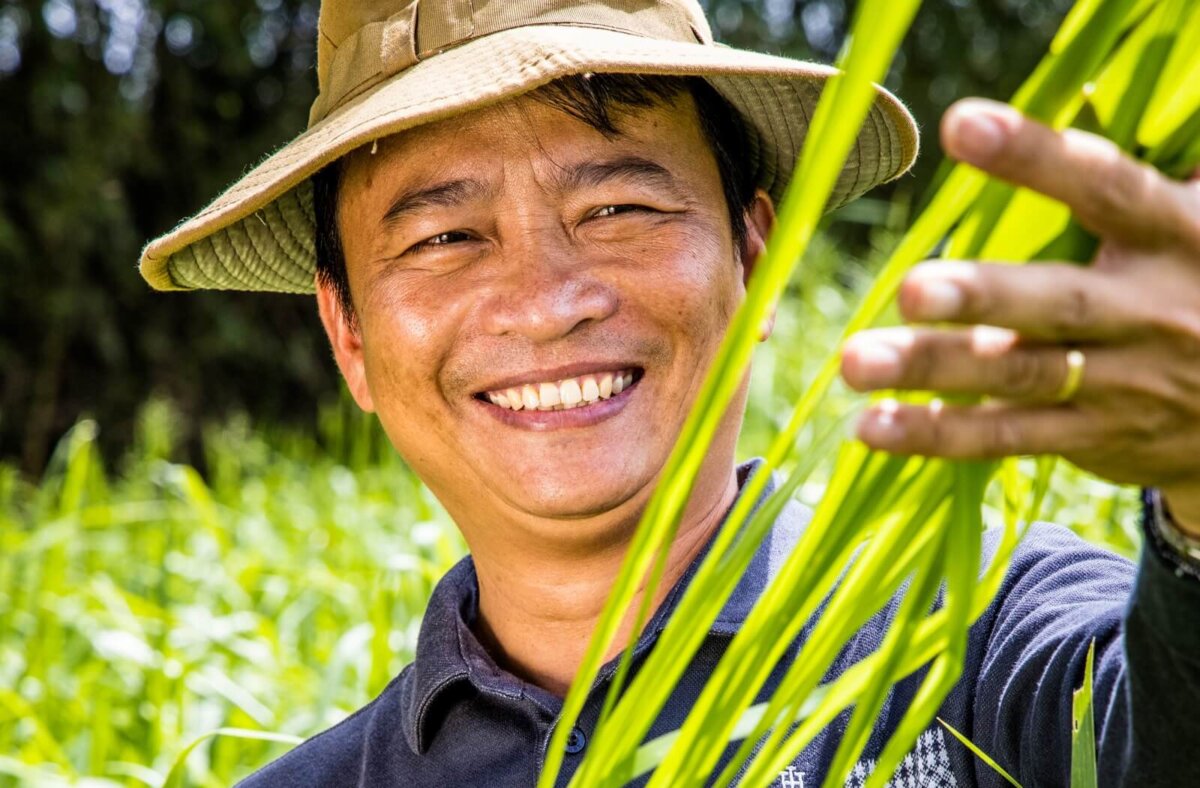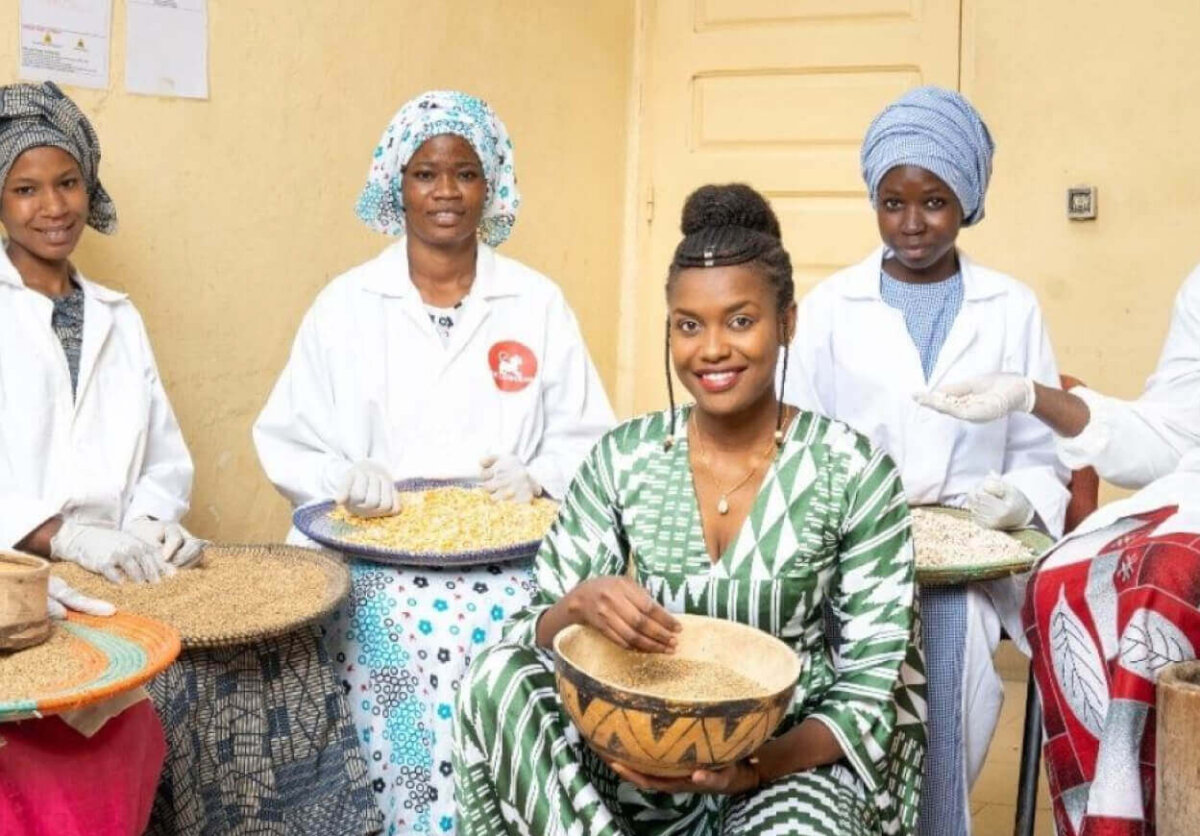- Projects
- Upcycling and resale of clothes

Corporate social responsibility is an integral part of PUM’s services. Experts often advise entrepreneurs on subjects like working conditions and rights, safety, environment, waste management and energy issues. FabricAID is a Lebanese social enterprise that focuses on establishing a socially and environmentally conscious value chain for the garments industry. They do this by optimising the collection, sorting, upcycling and redistribution of second hand clothes. FabricAID and PUM collaborated in various areas, which will strengthen even more their social impact within and outside their organisation.
FabricAID is a Lebanese social enterprise founded in 2017, working to ensure that every individual can afford decent, quality clothing. At the same time, they reduce fabric waste and contribute to a fashion industry less harmful to society and the environment.

Herman van Uum of FabricAID explains:
“The collection of new and gently used clothes, shoes and accessories is done in two ways: from partnering NGOs, academic institutions and businesses; or through the network of our more than 200 clothing collection bins distributed across the country. The collected clothes which are appropriate for reuse are sorted into over 50 categories. Clothing that can’t be reused due to damage are upcycled into new clothing collections or items of socially conscious and sustainable brands. We redistribute and resell the clothes for micro prices in our own permanent shops located in remote and underprivileged areas.” FabricAID has a production unit dedicated to disassembling suits and using the fabric to make new garments with an authentic design. This is where they asked PUM for support.
Visiting the production unit
Elly Schipper, PUM expert in the sector Textile Industry & Consumer Products, started this project last August online and continued it during a visit. FabricAID asked her to give them advice on setting up their atelier in a sustainable and safer way. She recommended them to reorganise the sewing line by adding long side and centre tables and adjusting the Led lights. The factory space is too open, which makes it difficult to realise a relaxed working environment in terms of noise, temperature, and traffic. Elly advised FabricAID to subdivide the work floor in clearer workspaces, creating different areas: design, cutting and sewing departments; storage; sales unit and showroom; classrooms for the school; praying room; and restaurant.
This will result in a better overview, a cleaner, safer and structured workspace, with all parts clearly within reach. “The production team consists of two passionate young men, Adeeb and Sarkis, who are the Merchandise & Design manager and the pattern maker and an amazing woman, Farah, the brand manager. Recently the team is extended with an enthusiastic beautiful woman as Upcycling & Facility manager. She immediately took her role very serious and implemented the guidelines and requirements according to social compliance. A team of four women were trained on how to take the suits apart, iron the parts, read the patterns, cut and stitch, and finally iron and finish the garments. This is a lot of work, and they are not yet able to produce high quantities. At this moment they finish 8 to 10 redesigned garments a week.”
Elly gave them information on the product development procedure, including cut management and a quality management system. Elly also shared some ideas about more colourful designs for the suits. She concludes: “FabricAID has a big workplace, full of materials and a lot of equipment. But they really need more knowledge to produce higher quantities of professional quality suits. The way they work now, reminds me of when I just started in the sector. They do a lot by hand and will need to work in a more digital way. The enthusiasm and passion are there, but they need to professionalise and modernise. Only then it will be useful to start online marketing to sell more items in their shops.”
Diversity & Inclusion
FabricAID is working on plans to start a school for students with a different orientation or social background. Already 60 people registered, and the first class will start in June 2022. FabricAID expects that between twenty to thirty students will graduate who can then start working in the production team. PUM expert Elly looks forward to going back and support with the instruction of the students by sharing her expertise.




